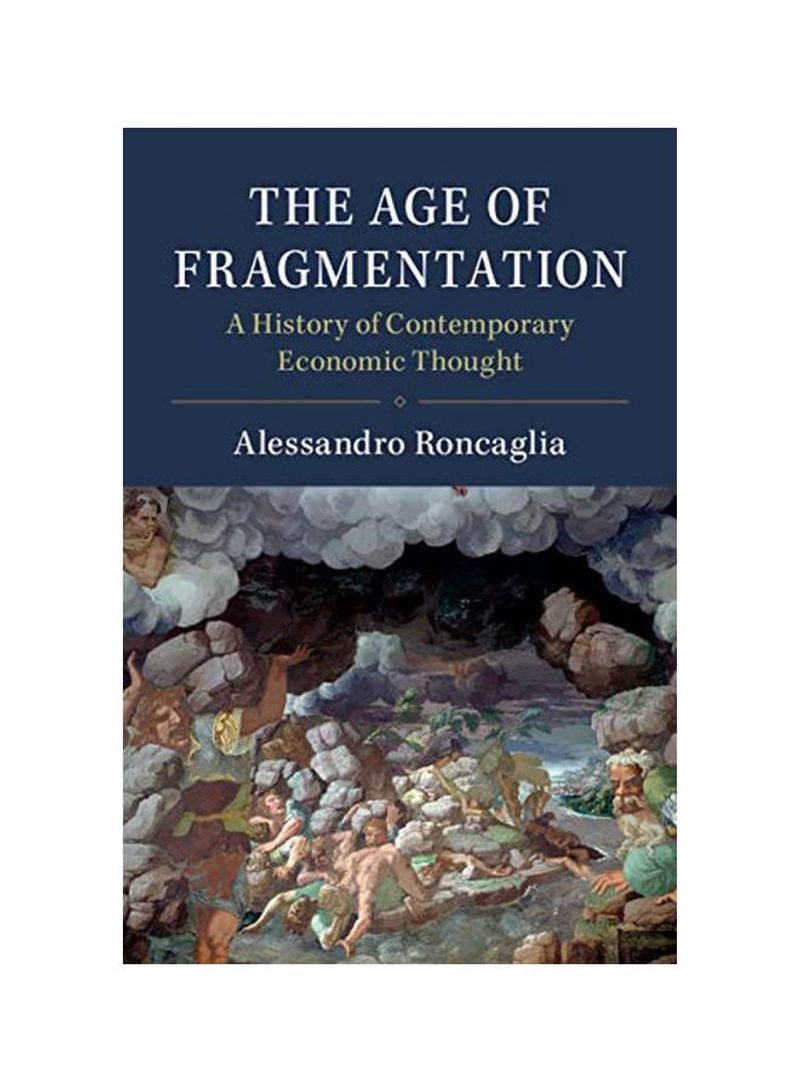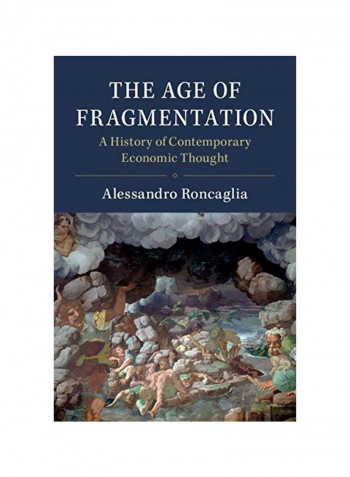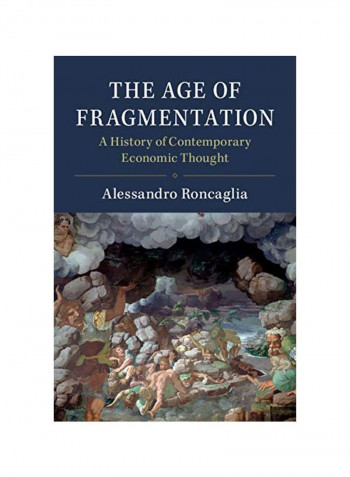The Age Of Fragmentation: A History Of Contemporary Economic Thought Hardcover
Recommend
Sort by
Rating
Date
Specifications
Author 1
Alessandro Roncaglia
Book Description
The field of economics has proliferated in complexity and importance since the Second World War. Alessandro Roncaglia recounts the history of the different approaches (marginalist, neoclassical, Keynesian, Austrian, monetarism, rational expectations, institutionalist, evolutionary, classical-Sraffian) and the different fields (micro, macro, money and finance, industrial and game theory, institutions, public finance, econometrics), illustrating the thought and personality of the most important contemporary economists (from Hayek to Sraffa, from Modigliani and Samuelson to Friedman, from Simon to Sen, and many others), focusing on the conceptual foundations of the different streams. At the same time he appraises critically the important debates and controversies in the field and concludes by discussing possible future directions for economic thought. This follow-up to The Wealth of Ideas: A History of Contemporary Economic Thought is a readable introduction to the contemporary economics discourse, accessible to economics students and informed general readers, and an important complement for advanced students and economists active in specialized fields.
ISBN-13
9781108478441
Language
English
Publisher
Cambridge University Press
Publication Date
31 January 2020
Number of Pages
228
About the Author
Alessandro Roncaglia is Emeritus Professor of Economics at the Sapienza University of Rome, member of the Accademia Nazionale dei Lincei (since 2018 in its Presidency Council) and former President of the Italian Economists Society. His book The Wealth of Ideas (Cambridge, 2005) received the Blanqui Prize of the European Society for the History of Economic Thought. He also won the Guggenheim Prize in the History of Economic Thought for 2019.
Editorial Review
Professor Roncaglia is one of the world's leading authorities on the history of economic thought. He has written intellectual biographies of William Petty and Piero Sraffa, and a recent magnus opus - The Wealth of Ideas: A History of Economic Thought. This new book is a worthy sequel, with extended detail on more recent developments in the history of economic thought, and beautifully written. The book should be essential reading for any serious economist who wants to master the origins and historical progress of their discipline.' A. P. Thirlwall, University of Kent 'Alessandro Roncaglia provides a masterly survey of a field of enquiry - contemporary economic research from the Second World War to the present day - characterized by great breadth and complexity. His inquiry into their interrelations and the underlying philosophies of the fragmented landscape of modern economics combines highly scholarly investigation with passionate denunciation of its limits. An indispensable teaching aid and guide through the meanderings of the economic profession of our times.' Maria Cristina Marcuzzo, Sapienza, Universita di Roma 'Professor Roncaglia is one of the world's leading authorities on the history of economic thought. He has written intellectual biographies of William Petty and Piero Sraffa, and a recent magnus opus - The Wealth of Ideas: A History of Economic Thought. This new book is a worthy sequel, with extended detail on more recent developments in the history of economic thought, and beautifully written. The book should be essential reading for any serious economist who wants to master the origins and historical progress of their discipline.' A. P. Thirlwall, University of Kent 'Alessandro Roncaglia provides a masterly survey of a field of enquiry - contemporary economic research from the Second World War to the present day - characterized by great breadth and complexity. His inquiry into their interrelations and the underlying philosophies of the fragmented landscape of modern economics combines highly scholarly investigation with passionate denunciation of its limits. An indispensable teaching aid and guide through the meanderings of the economic profession of our times.' Maria Cristina Marcuzzo, Sapienza, Universita di Roma



